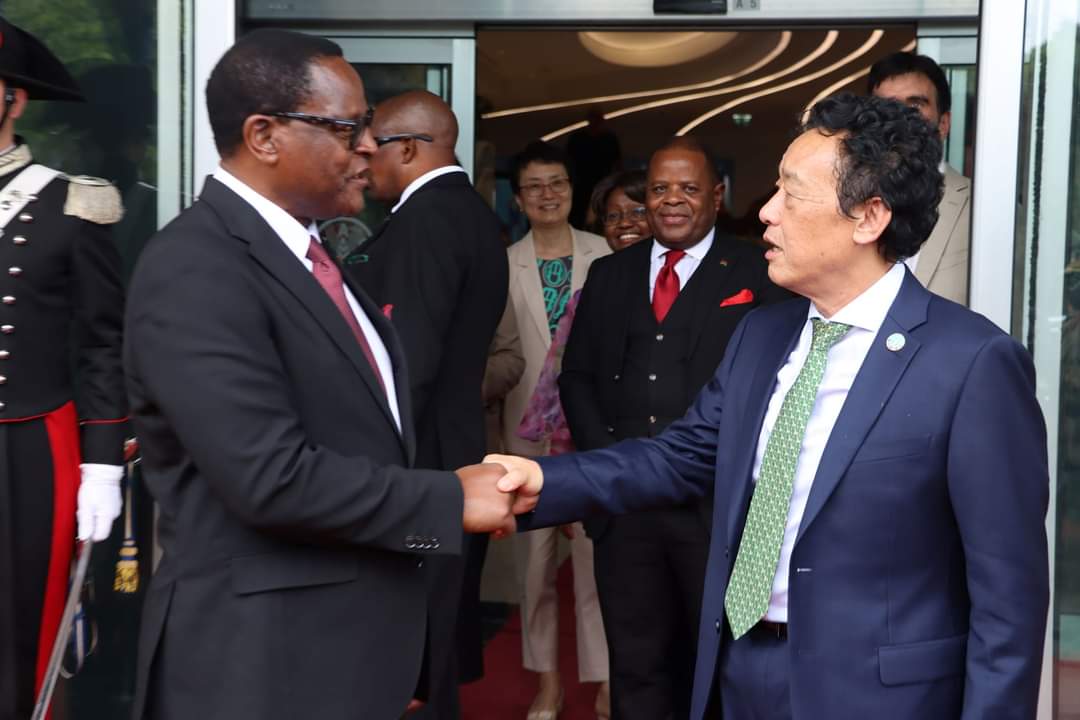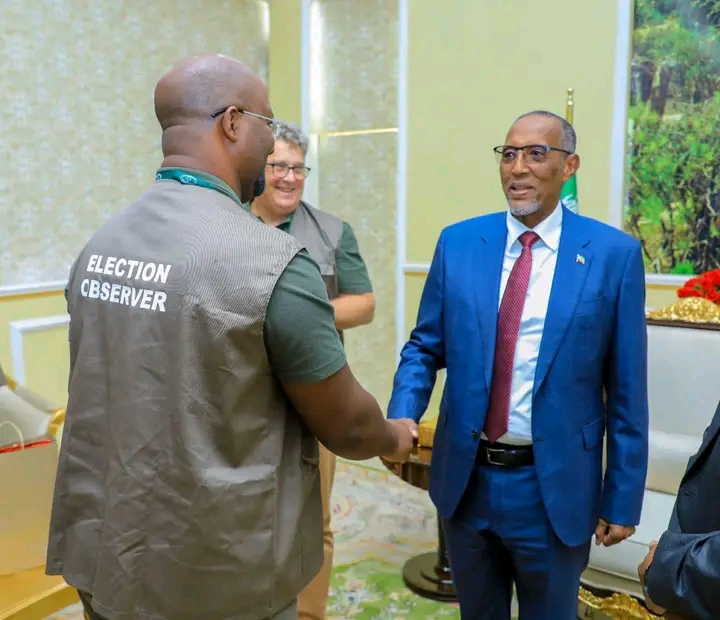Paul Biya’s decades-long grip on power may continue as opposition remains divided and costly nomination fees deter serious challengers.
By Suleman Chitera
Yaoundé, Cameroon — As Cameroon prepares for its upcoming presidential elections, a staggering 81 individuals have collected nomination papers in a bid to unseat one of Africa’s longest-serving leaders, 92-year-old President Paul Biya.
Biya, who has ruled the Central African nation since 1982, is widely expected to contest once again, despite his advanced age and growing concerns over governance. With four decades of leadership behind him, his re-election bid comes at a time when many Cameroonians are calling for change — but are likely to face the same old result.
Observers say the unusually high number of presidential hopefuls may not translate into a competitive election. Most of the aspirants are struggling to meet the strict eligibility requirements, including a hefty refundable fee of $53,000. The money is only reimbursed to candidates who manage to secure at least 5 percent of the national vote — a threshold many see as unreachable in a landscape dominated by Biya’s ruling party.
“This is democracy with a price tag,” remarked one political analyst. “Many of these candidates are symbolic or protesting the system, but the real race remains unbalanced.”
The fragmented opposition appears to be Biya’s biggest advantage. With no united front or consensus candidate, the anti-Biya vote risks being split multiple ways, potentially handing him another term on a silver platter.
As the clock ticks toward election day, all eyes are on whether Cameroon’s political future will be shaped by a surprise challenger — or remain firmly in the hands of a nonagenarian who has defied time, opposition, and repeated calls to step down.




